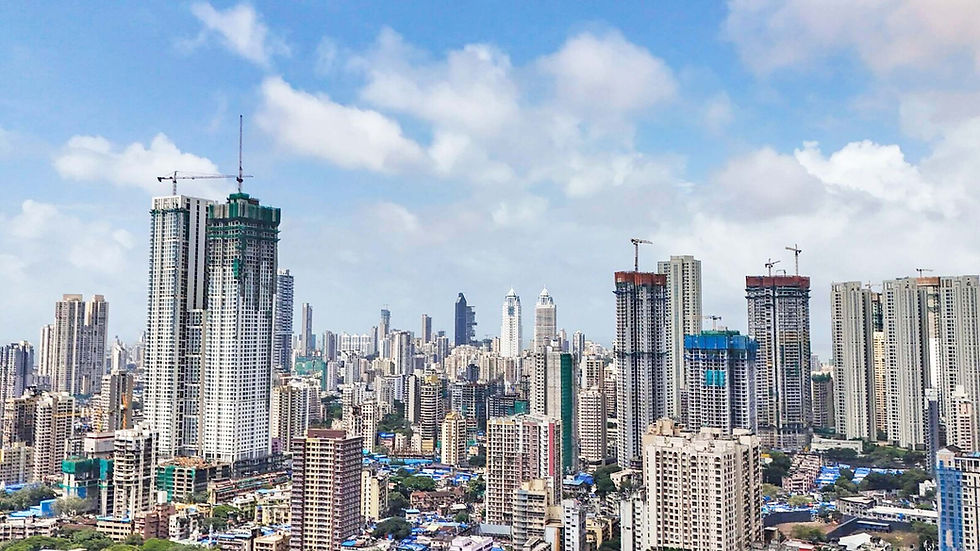Planning for Children's Wedding
- Kaustubh Kale

- Nov 15, 2025
- 2 min read

As wedding season returns, many of us attend functions and realise how expensive a modern wedding has become. A wedding is not only an emotional milestone but also a major financial milestone for any family. If you have children or plan to have children, preparing for their future wedding expenses should be treated as an important financial goal.
Among the major financial goals that families typically plan for, such as buying a home, purchasing a car, taking vacations, funding children’s higher education, and building a retirement corpus, saving for a child’s wedding is equally significant. Wedding expenses are usually very large and cannot be managed from regular monthly income. This makes it necessary to start saving and investing specifically for this purpose.
Setting the financial goal:
A financial goal is any large expenditure that cannot be handled from the current monthly income. Since wedding costs are substantial and rise with inflation, it is important to begin planning early. The best time to start is today.
Consider this example:
If your child is likely to get married in 15 years, and the estimated cost of the wedding today is Rs 30 lakh, you must factor in inflation. At an inflation rate of 7 percent annually, the cost of that wedding can rise to around Rs 83 lakh in 15 years.
How much to save and invest?
To build a corpus of Rs 83 lakh over the next 15 years, consistent investing is essential. Assuming an annual return of 12 percent on a Systematic Investment Plan (SIP) in mutual funds, you would need to invest approximately Rs 18,000 per month to reach the target. This SIP should be exclusively dedicated to the wedding fund. Other important financial goals such as your retirement or your child’s education should have their own separate SIPs. SIPs can be viewed as “Sapna in Progress” - a dream that moves closer to reality with every disciplined monthly contribution.
Saving alone will not help you achieve long-term goals. To beat inflation and grow your wealth meaningfully, only mutual funds, stocks, and gold should be considered for long-term horizons. Traditional low-return options may not grow your money sufficiently.
Planning ahead:
Financial planning is not a one-size-fits-all process. Every family has different goals, timelines, and financial capacity. Consulting a qualified financial advisor is extremely important. Advisors bring education, experience, and expertise that can help you calculate your specific requirements, design the right investment strategy, and make adjustments as life circumstances change.
Final word:
Start early, stay disciplined, and invest wisely. A well-structured plan will ensure that when life’s important moments, such as your child’s wedding, arrive, you are financially ready and able to enjoy the occasion with peace of mind.
(The author is a Chartered Accountant and CFA (USA). Financial Advisor. Views personal. He could be reached on 9833133605.)





Comments